
Juvenile Common Kestrel (Falco Tinnunculus) in it S Nest, Just before it Fledged, in London
They'll fly with their wings in a 'V-shape' and flight from perching, or at low altitudes can seem laboured, with long, slow wing beats until they gather momentum or hit the hot air column. White.
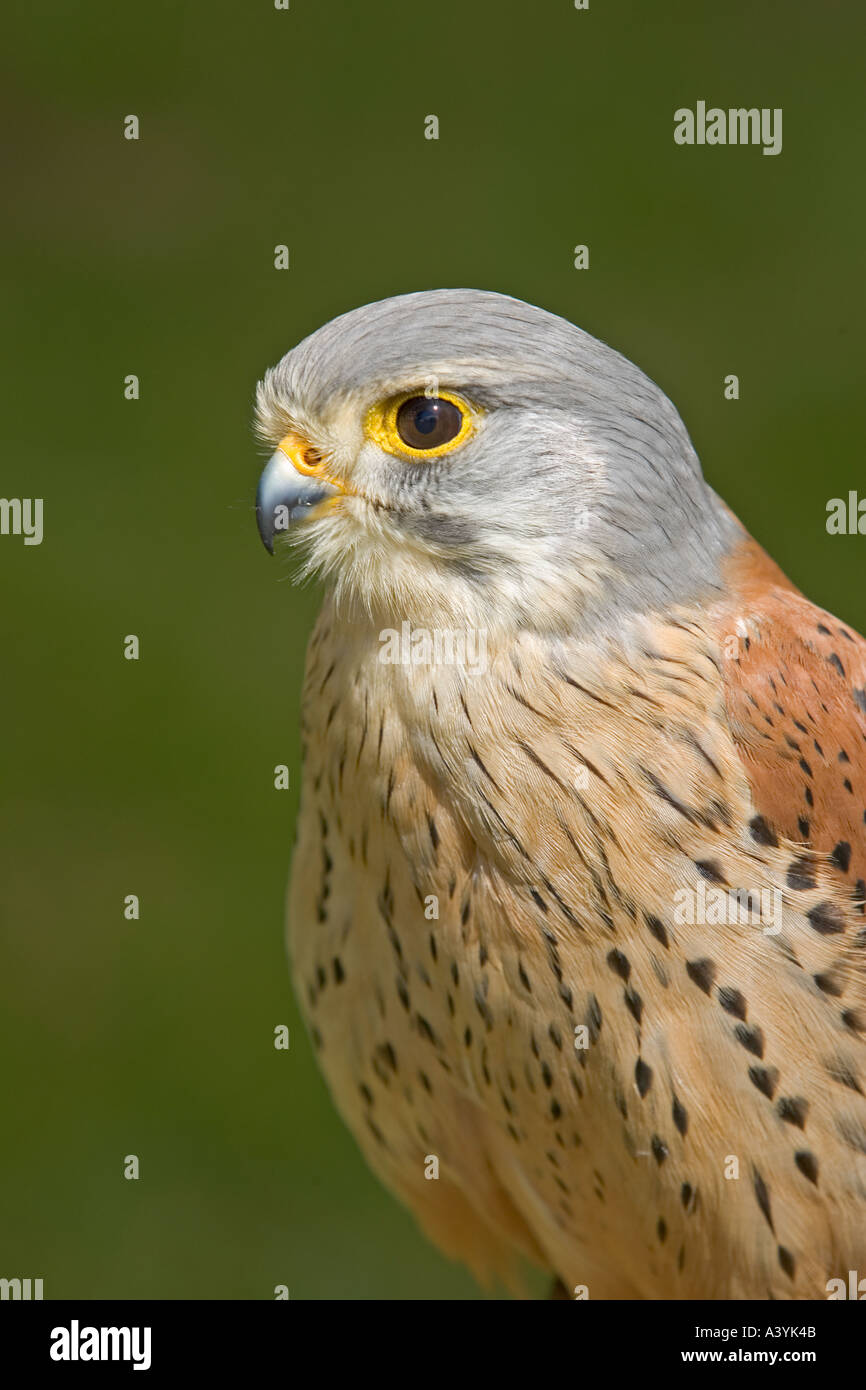
Juvenile Kestrel Uk Stock Photos & Juvenile Kestrel Uk Stock Images Alamy
A sudden view of an elegant falcon in summer, but is it a Hobby or Kestrel? There are various clues to help you come to the right decision, let this workshop show you how you separate these two aerial hunters. BTO bird identification videos are supported by Natureguides
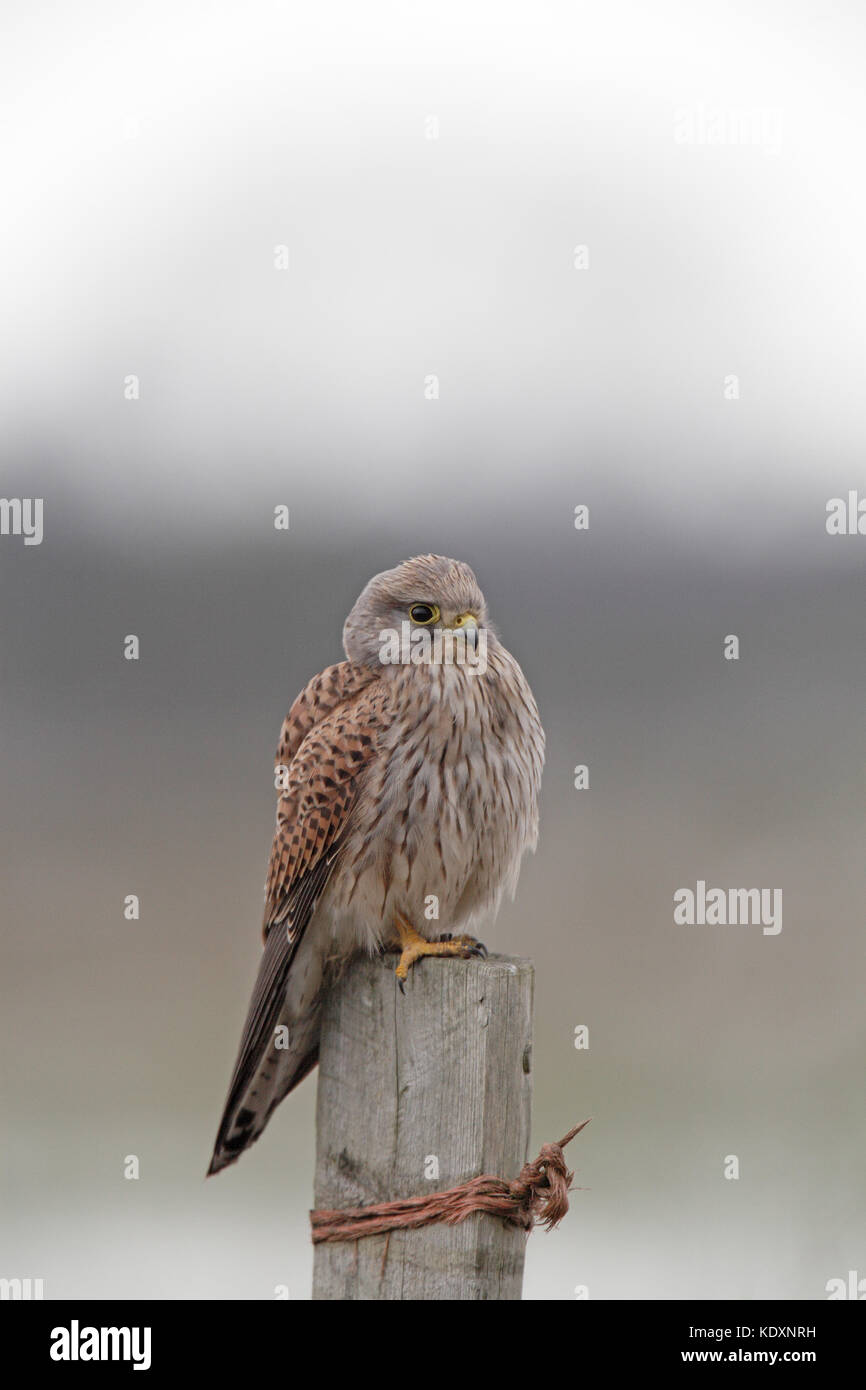
Common kestrel Falco tinnunculus juvenile male on fence post Ibsley near Ringwood Hampshire
Birds of prey, or raptors, are carnivorous birds that hunt and kill prey using a combination of their keen senses, strong talons and sharp, hooked beaks. Ranging from the minuscule falconet to the colossal Andean condor, birds of prey have ruled the skies since the extinction of the dinosaurs.

Bird Guide A Comparative Field Guide
Juvenile kestrels are heavily streaked and don't get full adult plumage until they are 2 or 3 years old. Seen a bird and not sure what it is? Try our interactive bird identifier start here How do kestrels breed? Kestrels start breeding in April or May and produce 1 brood per season.

Juvenile kestrel uk hires stock photography and images Alamy
The Eurasian Kestrel (Falco tinnunculus) and Sparrowhawk (Accipiter nisus) are two fairly widespread species of birds found in the UK and across most parts of Eurasia. They live in similar habitats and from afar can be hard to distinguish, so what are the key differences between a kestrel and a sparrowhawk?
Sharpes birds Juvenile Kestrel at Canal Hide
Juveniles look like adult females, but the underside streaks are wider; the yellow of their bare parts is paler. Hatchlings are covered in white down feathers, changing to a buff-grey second down coat before they grow their first true plumage. [4] F. t. tinnunculus F. t. tinnunculus F. t. tinnunculus F. t. tinnunculus at lake Neusiedl
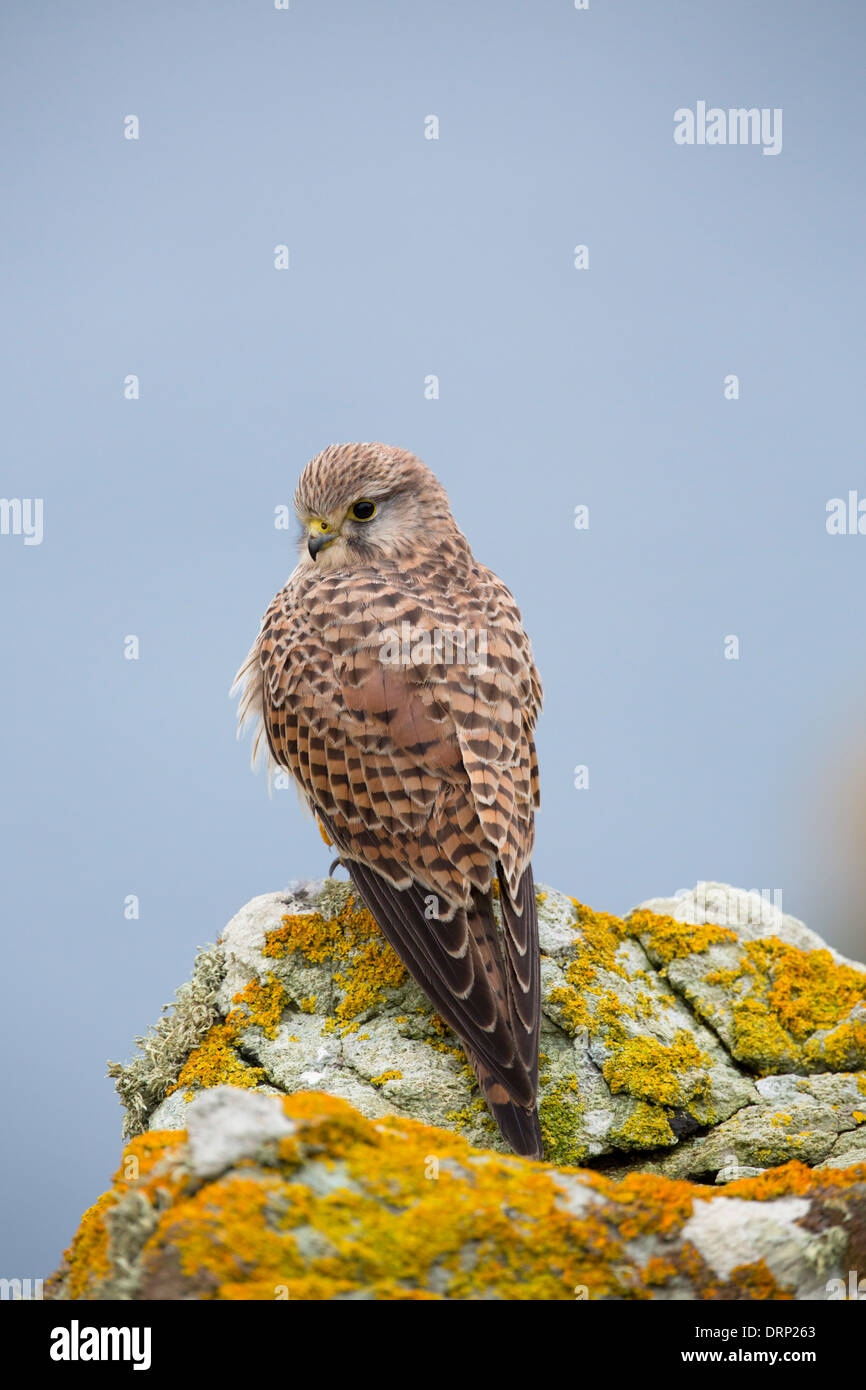
Kestrel; Falco tinnunculus; Juvenile; Male; UK Stock Photo Alamy
Origin: native What do kestrels look like? Kestrels have light-brown plumage with dark spots. Males have a grey-blue head, while females are all brown. The species has pointed wings and a tail that appears long in flight and fan-shaped when the bird is hovering.

Common kestrel Falco tinnunculus juvenile male on fence post Ibsley near Ringwood Hampshire
Creative Editorial Juvenile kestrel uk Stock Photos and Images (324) See juvenile kestrel uk stock video clips Quick filters: Cut Outs | Black & white Sort by Relevant RM DJ77X7 - Kestrel; Falco tinnunculus; Juvenile; UK RM K34A95 - Juvenile female Kestrel Falco tinnunculus on falconers glove. Wales. UK

imagesnaturally! A very amiable young Kestrel
Kestrel Falco tinnunculus (Linnaeus, 1758) K. KESTR 3040 Family: Falconiformes > Falconidae This small falcon is one of our most familiar and widely-distributed birds of prey, absent only from Shetland, parts of north-west Scotland and central Wales. Kestrels prefer grassland habitats over which they can hunt for small mammals and small birds.
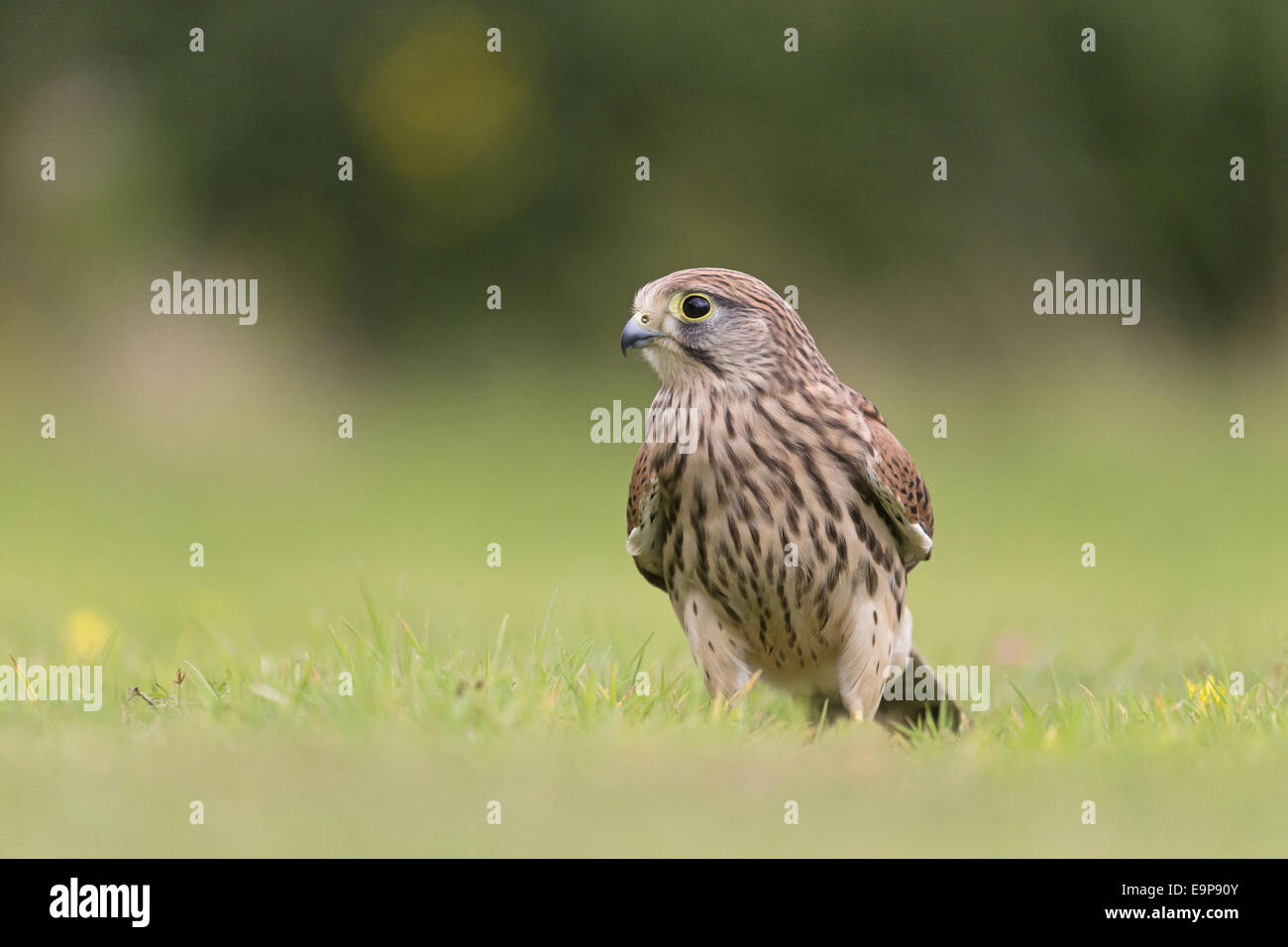
Juvenile kestrels uk hires stock photography and images Alamy
Juveniles are similar to adult females but have paler legs and bills, and more prominent streaking below. Male Kestrel Female Kestrel How big are Kestrels? The Kestrel is a dove-sized bird of prey with a large, broad tail and long, narrow wings. Length Kestrels measure between 27 and 35 centimetres from their bill tip to the end of their tail.

Juvenile Kestrel Gary Chalker Flickr
This video looks at two often confused falcons, the Kestrel and Merlin, and discusses the key features for separating the two.. Our reports provide rigorous scientific information to inform Environmental Impact Assessments in the UK. Blog BirdTrack migration blog (end of October to mid November).
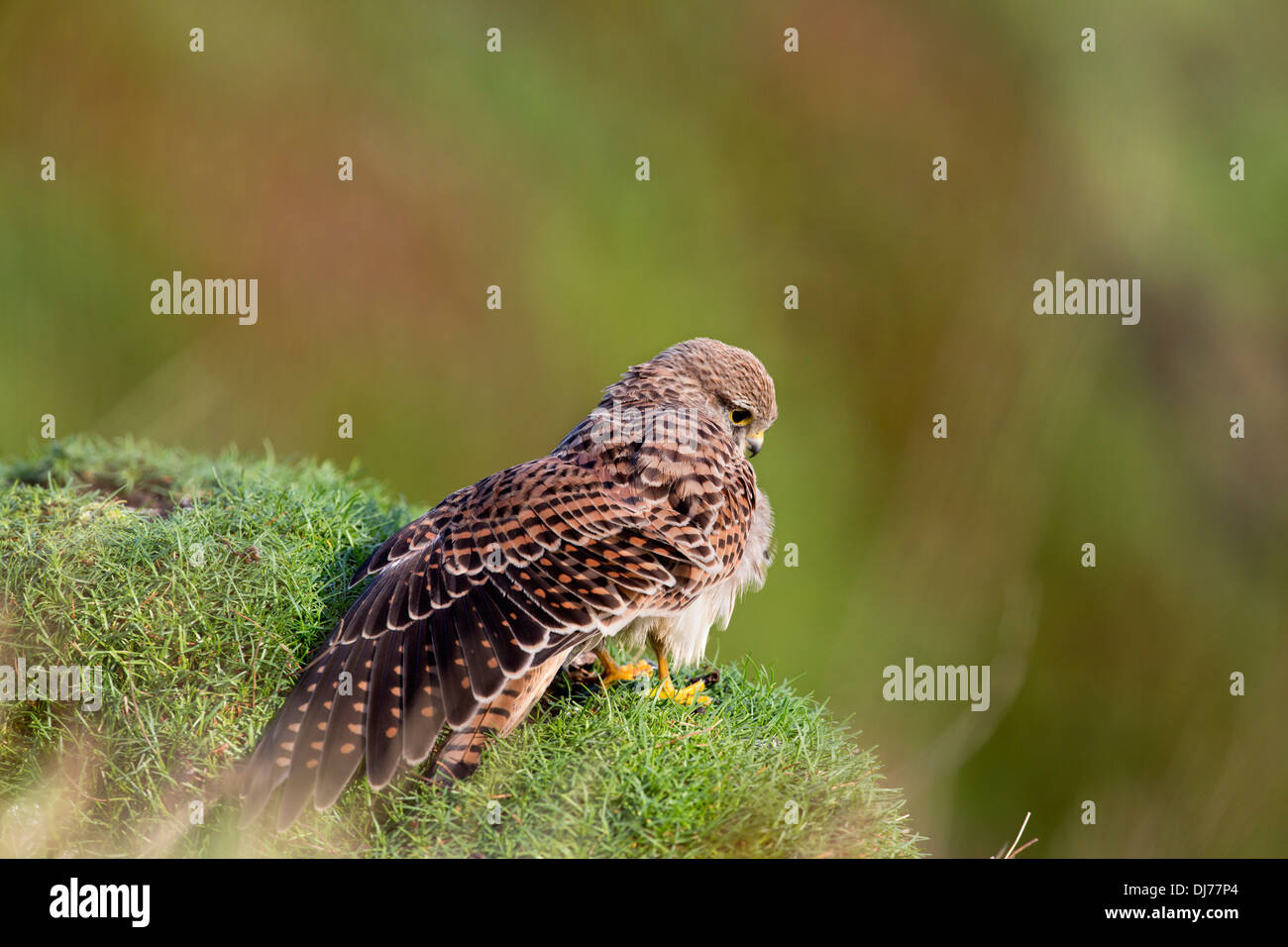
Kestrel; Falco tinnunculus; Juvenile; UK Stock Photo, Royalty Free Image 62854684 Alamy
Kestrels, also known as the Eurasian, Common, and European Kestrel, are one of the UK's most common birds of prey, regularly seen hovering above roadside verges stalking small voles that form the bulk of their diet. Males are fairly distinctive, with a chestnut back, greyish-blue head, and charcoal grey tail.

Juvenile Common kestrel in its natural Stock image Colourbox
The Kestrel is a small, chestnut brown bird of prey. Their hooked bill is a bluish color with yellow cere. Their legs are yellow. The male (or tercel) Kestrel has black-spotted chestnut brown upperparts and a blue-grey head and tail. Their tail has a single black bar at the tip. Underneath, the breast and belly are buff colored with black spots.
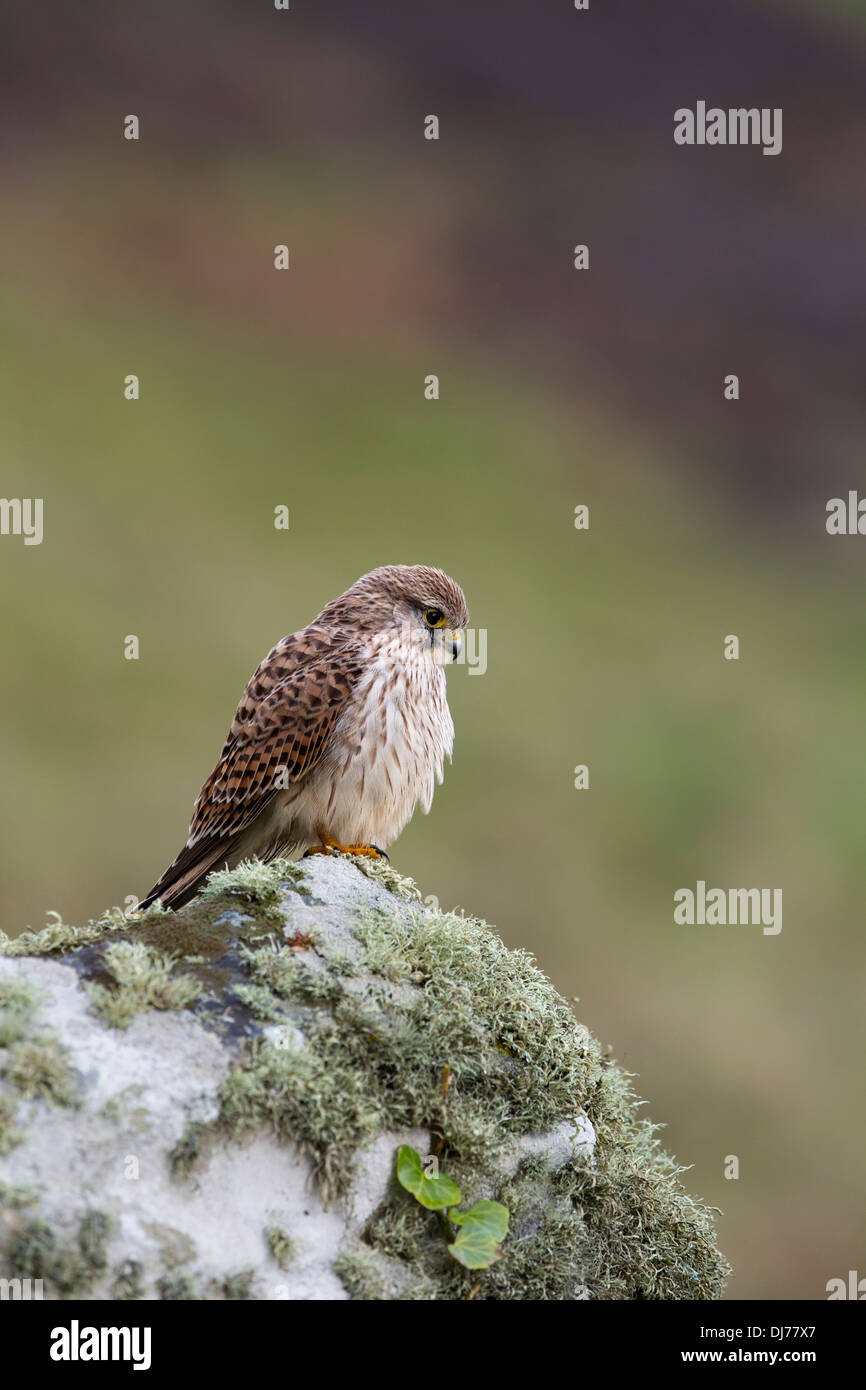
Kestrel; Falco tinnunculus; Juvenile; UK Stock Photo Alamy
Contents Kestrel: key facts How to recognise the kestrel The kestrel is about the size of a pigeon, but slimmer and more elegant. Its red-brown back and wings turn a black-grey at the wing tips, and then lighten at the breast and abdomen. Dark, bold spots are dotted across its body and wings.
Sharpes birds Juvenile Kestrel at Canal Hide
We watched the juvenile kestrel fidget on the broken limb of the oak tree before, with a last look over its shoulder, it launched itself into the ether and flew with reckless speed overhead.
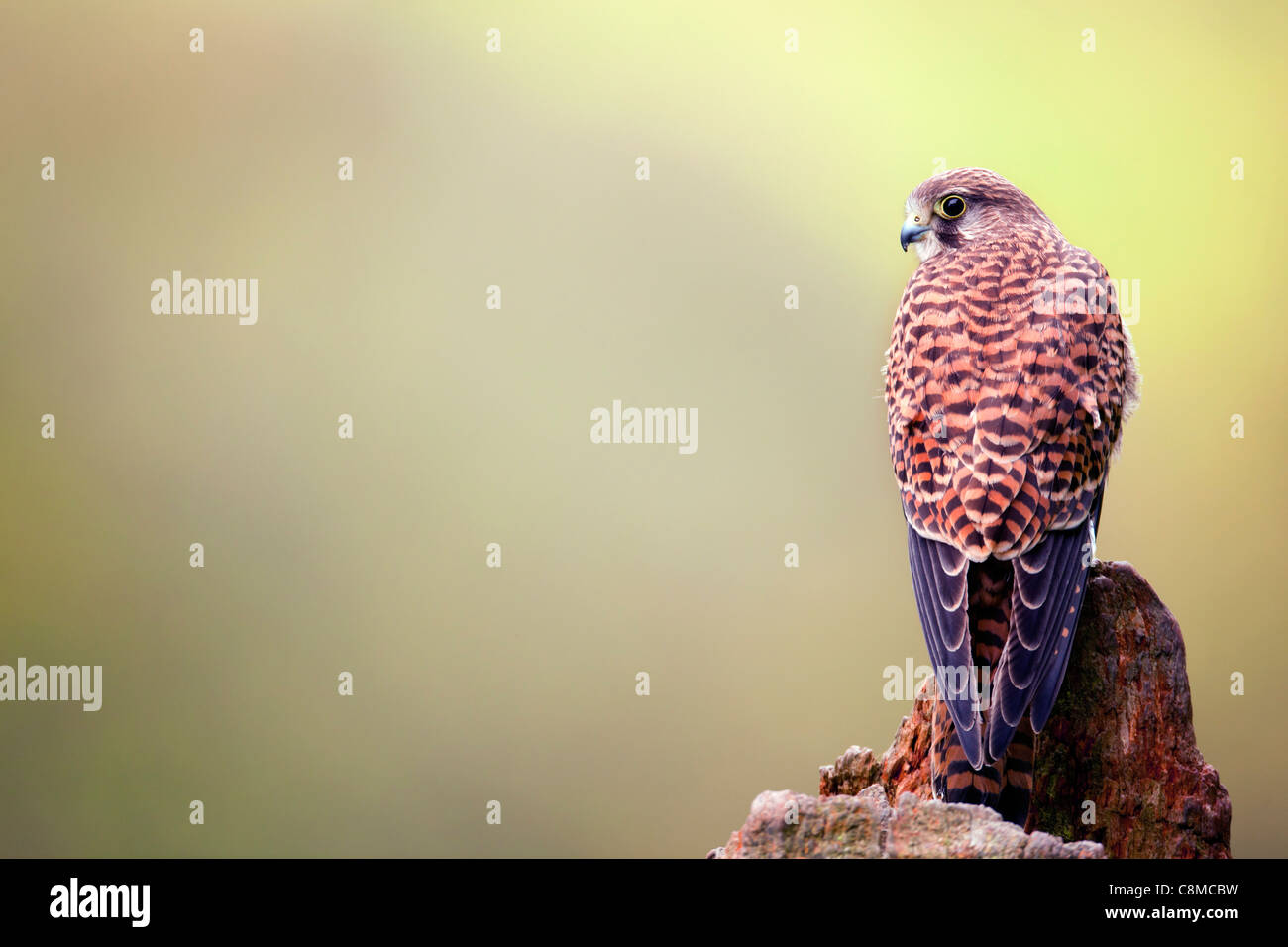
Kestrel; Falco tinnunculus; juvenile; UK Stock Photo Alamy
The Lesser Kestrel was again reported in the Fraisthorpe area on the morning of 23 October, although the veracity of at least some of these reports was brought into question by images appearing online, the subject of which was suggested as a Common Kestrel. Reports from the twitch, at least early in the day, suggested the presence of more than.